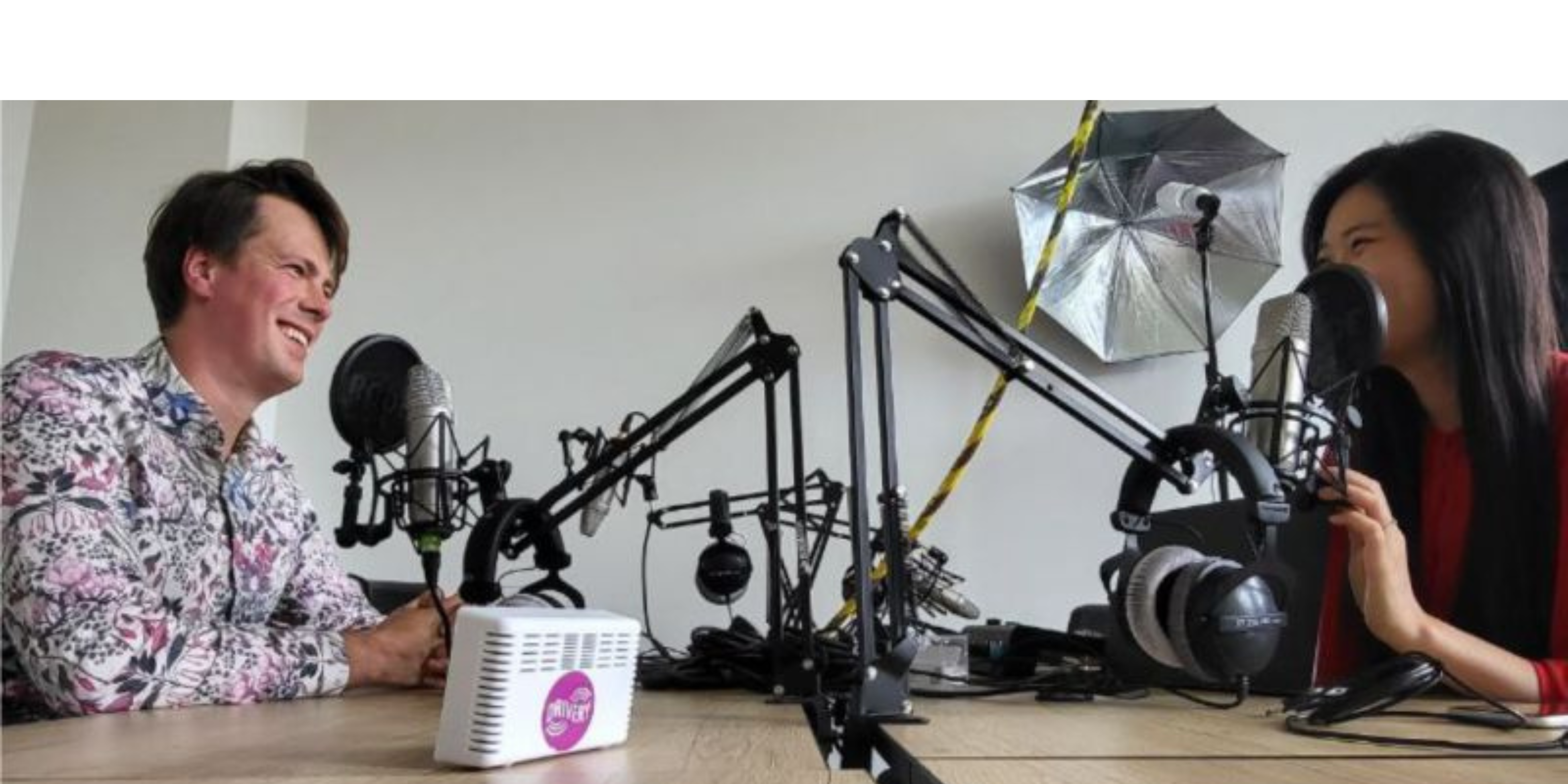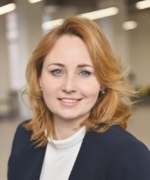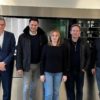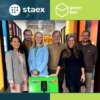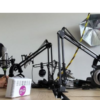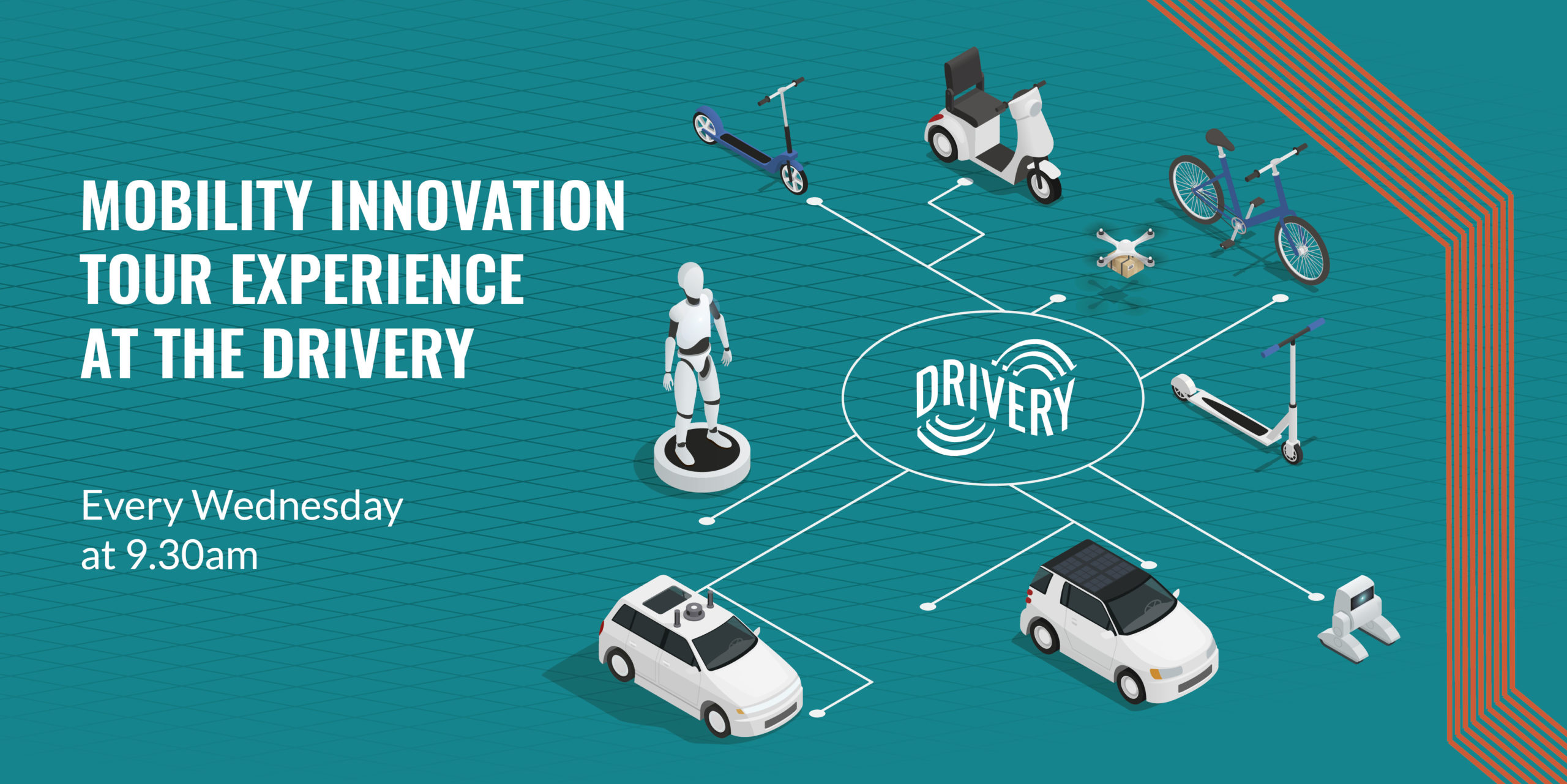Hi Tim, great to meet you! Please tell us a little about yourself and your company.
- Hello everyone. I am Tim Volotskiy and co-founder of replan.city. We are a startup that automates the creation and calibration of transportation models. We are helping cities and on-demand mobility operators to do the planning and to not lose time with data gathering and model collaboration. So, we really enable people to do better transportation planning.
What kind of trends and changes do you see happening in the world of urban mobility?
- It is interesting to think about what happened with all the transportation models and forecasts that were made before Covid. In the last two years, events such as Covid, the energy crisis and the rising fuel costs, have dramatically changed the behavior of people. We have an unprecedented number of people using public transport, fostered through initiatives such as the 9-Euro ticket in Germany. But additionally, there are new kinds of mobility alternatives that are appearing on the streets. This includes E-scooters, E-bikes and mobility sharing of all sorts. Currently, this is something that cities are hardly able to grasp and even less able to control and regulate.
Can you give us an idea of the scale of this whole market that you are targeting and numbers?
- When we speak about our target group, which is on demand mobility and mobility as a service providers and services, we speak about something like a $500 billion market in 2013 globally. If you do just a quick assessment of what kind of share of this market will be dedicated to planning and IT services, it is something between 0.5 and 1%. So, it is a big market that we are talking about. Additionally, there are the old transportation planning and transportation modeling markets by themselves which are still pretty big and will only grow further.
If we look at your pipeline – say, for the next five years – where are you heading?
- Well, I think that in the immediate future we would like to launch a couple of products that are complementary for the core technology that we have. One of them is a product to analyze and optimize the public transit network in all the new mobility options. This is something that we are doing right now with Volkswagen company MOIA in Hamburg. We help them understand how they can integrate the demand responsive service of a fully electric fleet.
- Our mission is to enable faster reactions and to enable businesses to change quickly. In five years, we want to have our clients be able to make faster and better-informed decisions and transportation planning. And the problem that we have right now, we must collectively solve as a society: reduce the number of car trips. We must reduce energy consumption, and this is also something that you cannot do without a proper model, without a proper fossil forecast and optimization. This is what we want to contribute to society in the next five years. Essentially, we want to cut as many car trips as possible.
So generally, with almost all entrepreneurs that we interview, there is this question of “Why do you put this on yourself, going through all these growing pains, if you could just have a very comfortable employee job? What was your motivation and what would your advice be to someone that is thinking about it but is thinking that sounds difficult?”
- I believe that this is the question that each entrepreneur asks themself probably for most of their life. The burden of financial risks, the workload, and the responsibility for your employees is tough. I wouldn’t try to sugarcoat it. But at the same time, the drive that you get from this, that you have so much to lose, is something that really excites me and probably excites every other entrepreneur as well. Of course, it’s not for everyone. Take my brother, he is a talented engineer that works with finance elements methods. He will soon earn more money than I have earned for the most part of my career as an entrepreneur, but I always have this dream of building something big and useful for society, so this is what keeps me focused.
- Another kind of advice I could give is about implementation. It is very beneficial if you have a partner who is controlling you in a way and doesn’t let you implement all the things that you want. So, if you are an optimist then it is better to find a pessimist partner. In our case, it is me who is the optimist and Yarrow, my partner, being a bit of a pessimist. But he has a brilliant understanding of algorithms and computer science, so he is the perfect person to balance my optimism and my willingness to build all the products at once. It is very important to have a balance between founders.
Head of Marketing Communications

